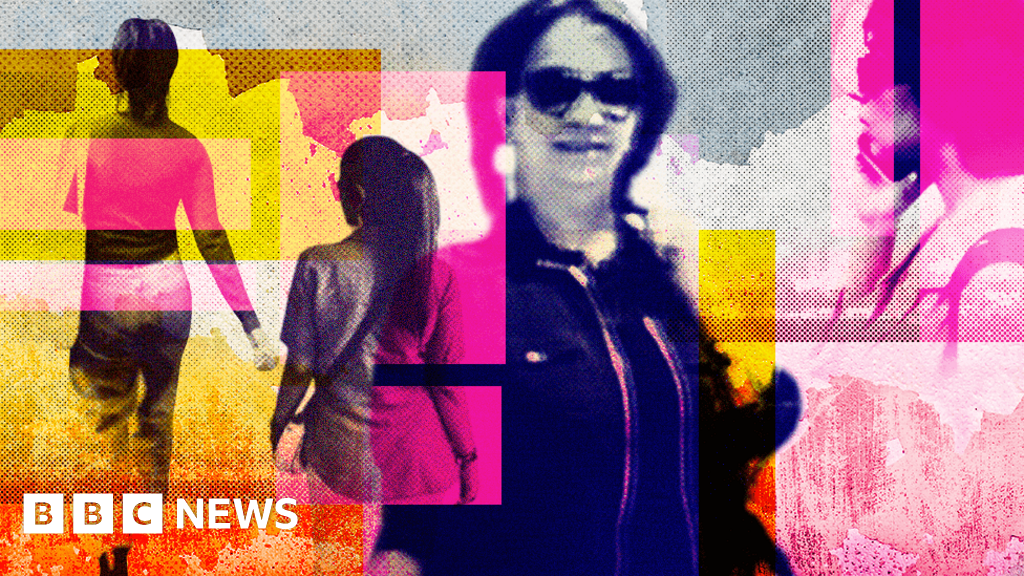- cross-posted to:
- [email protected]
- [email protected]
- cross-posted to:
- [email protected]
- [email protected]
A young woman walks down a street in Tehran, her hair uncovered, her jeans ripped, a bit of midriff exposed to the hot Iranian sun. An unmarried couple walk hand in hand. A woman holds her head high when asked by Iran’s once-feared morality police to put a hijab on, and tells them: “Screw you!”
These acts of bold rebellion - described to me by several people in Tehran over the past month - would have been almost unthinkable to Iranians this time last year. But that was before the death in the morality police’s custody of 22-year-old Mahsa Amini, who had been accused of not wearing her hijab [veil] properly.
The mass protests that shook Iran after her death subsided after a few months in the face of a brutal crackdown, but the anger that fuelled them has not been extinguished. Women have just had to find new ways to defy the regime.
A Western diplomat in Tehran estimates that across the country, an average of about 20% of women are now breaking the laws of the Islamic Republic by going out on to the streets without the veil.



I don’t think the reform elements have military support. They’ve never had it. Unfortunately I don’t think they have a clear path to get it. Iran had protests before the so-called Arab spring. They were brutally put down. The fact that these concessions have been made is good, but realistically what they’ve accomplished is that the religious police are more cautious and less publicly brutal. I don’t know what it will take for real reform in Iran but I don’t think they’re there yet.
They still have a long way to go for that to happen.
The first rule of autocratic regime is pamper your military, your police and everybody who has weapons.